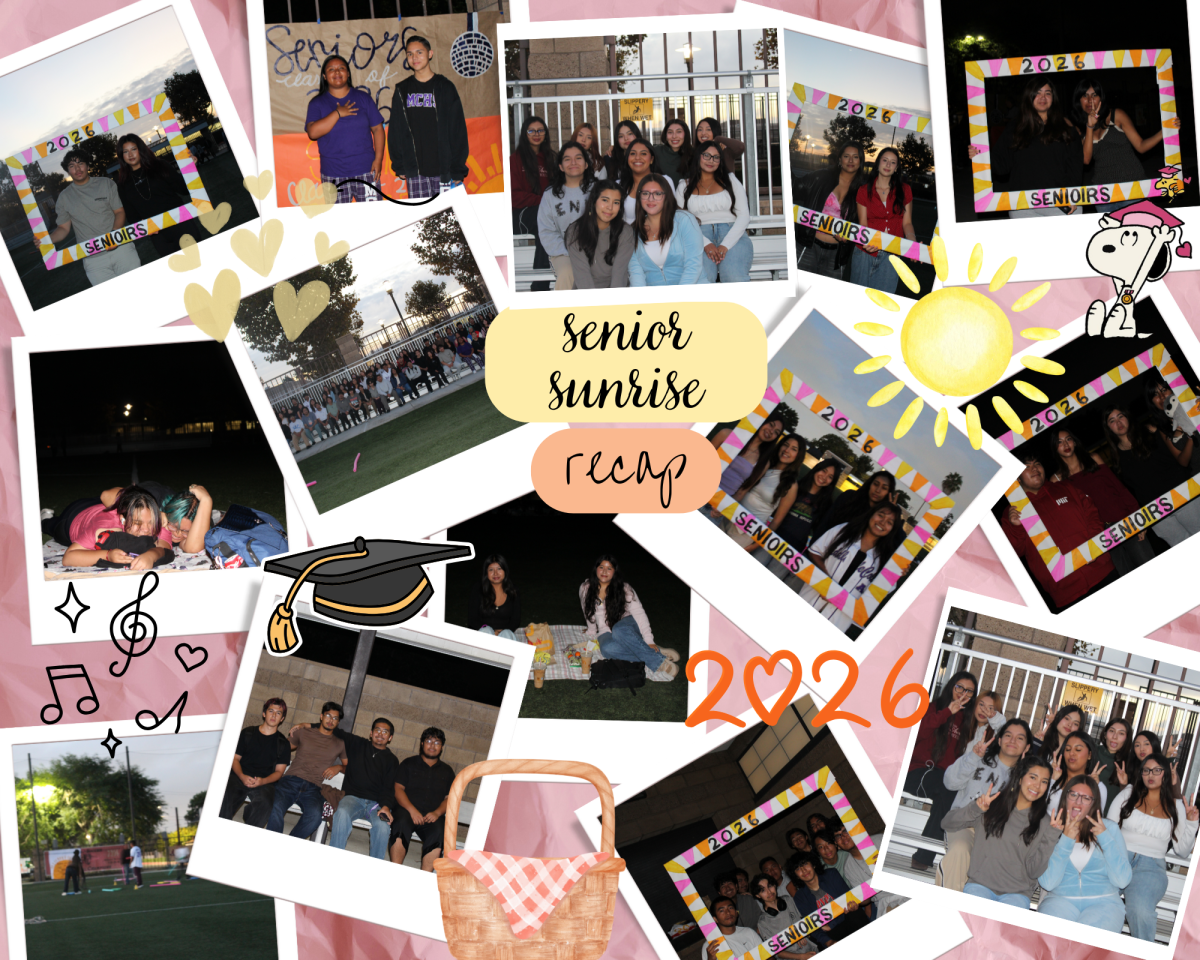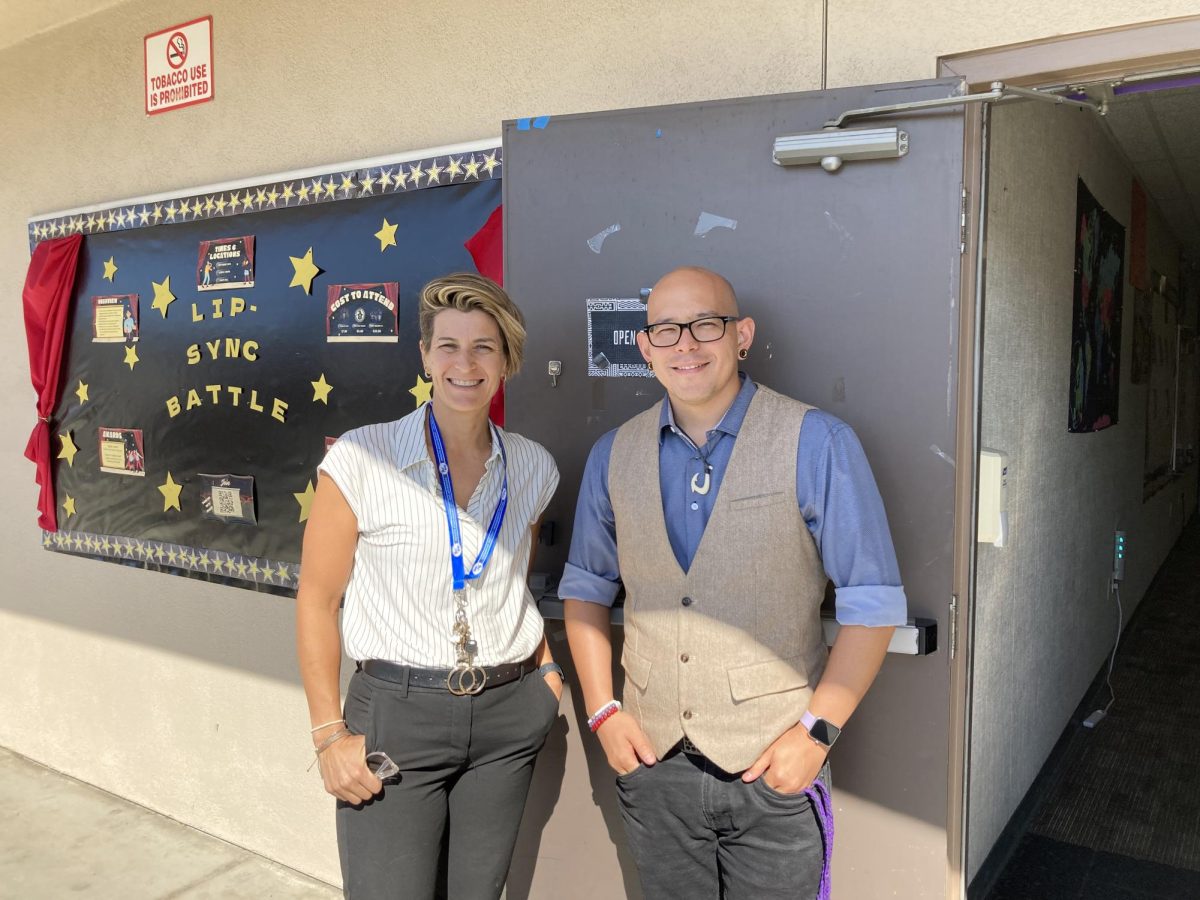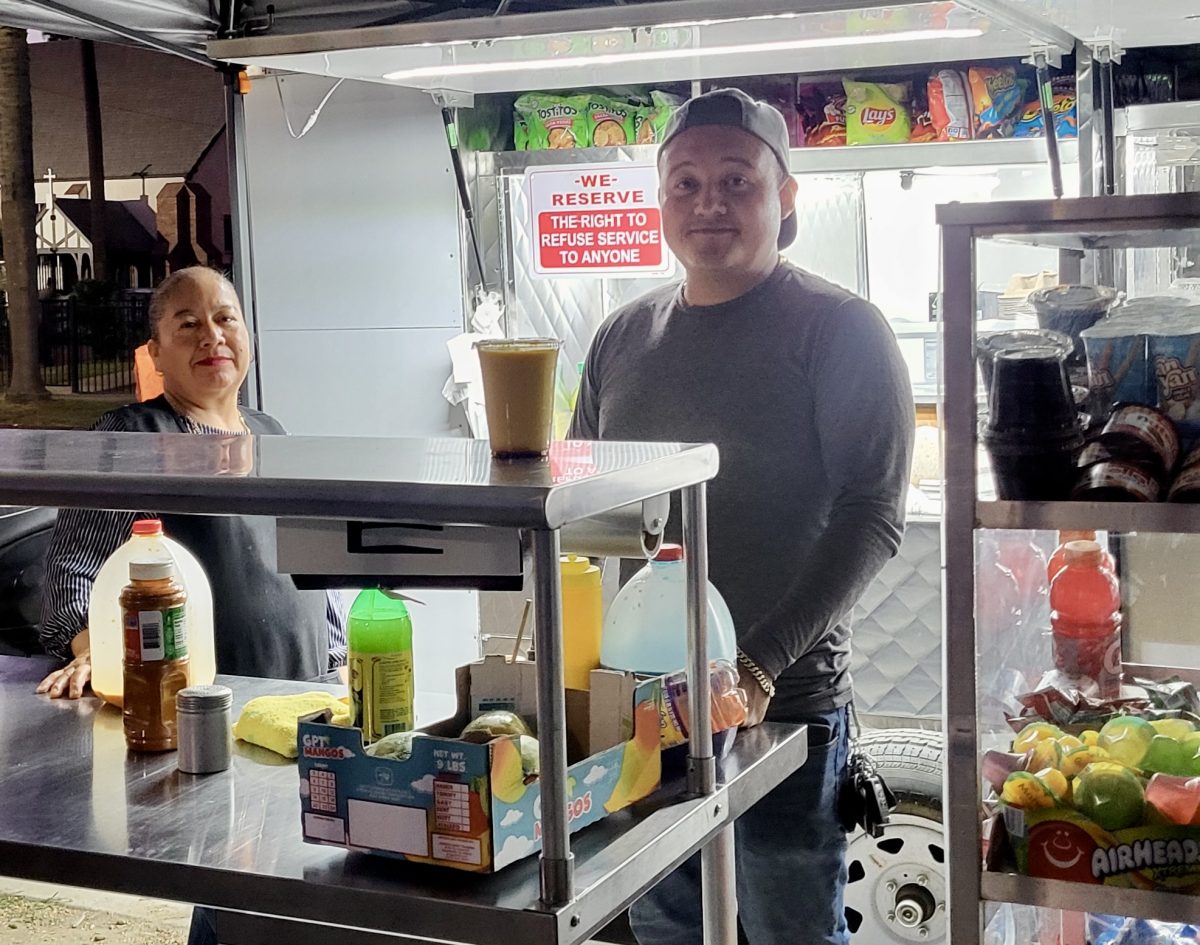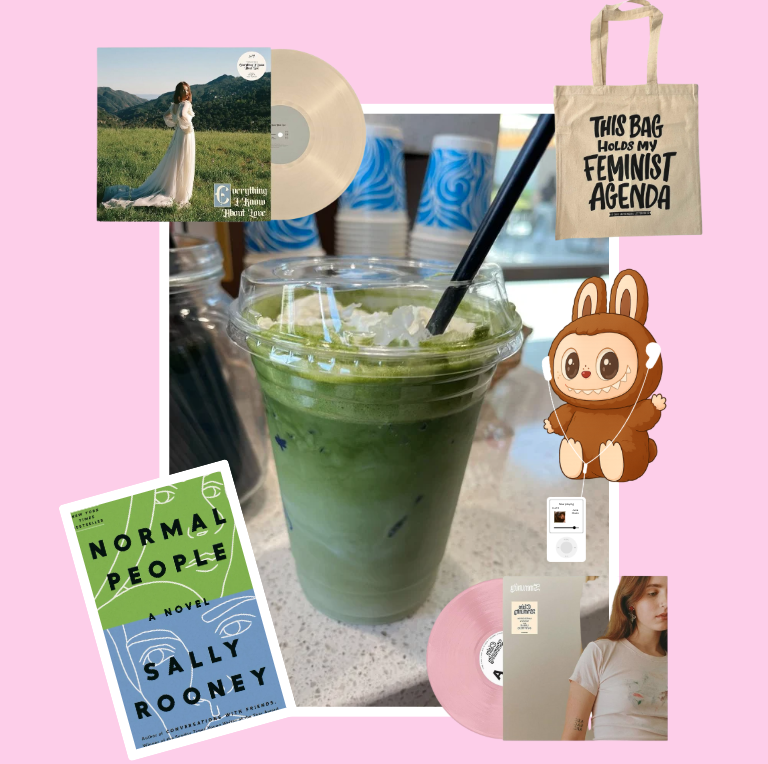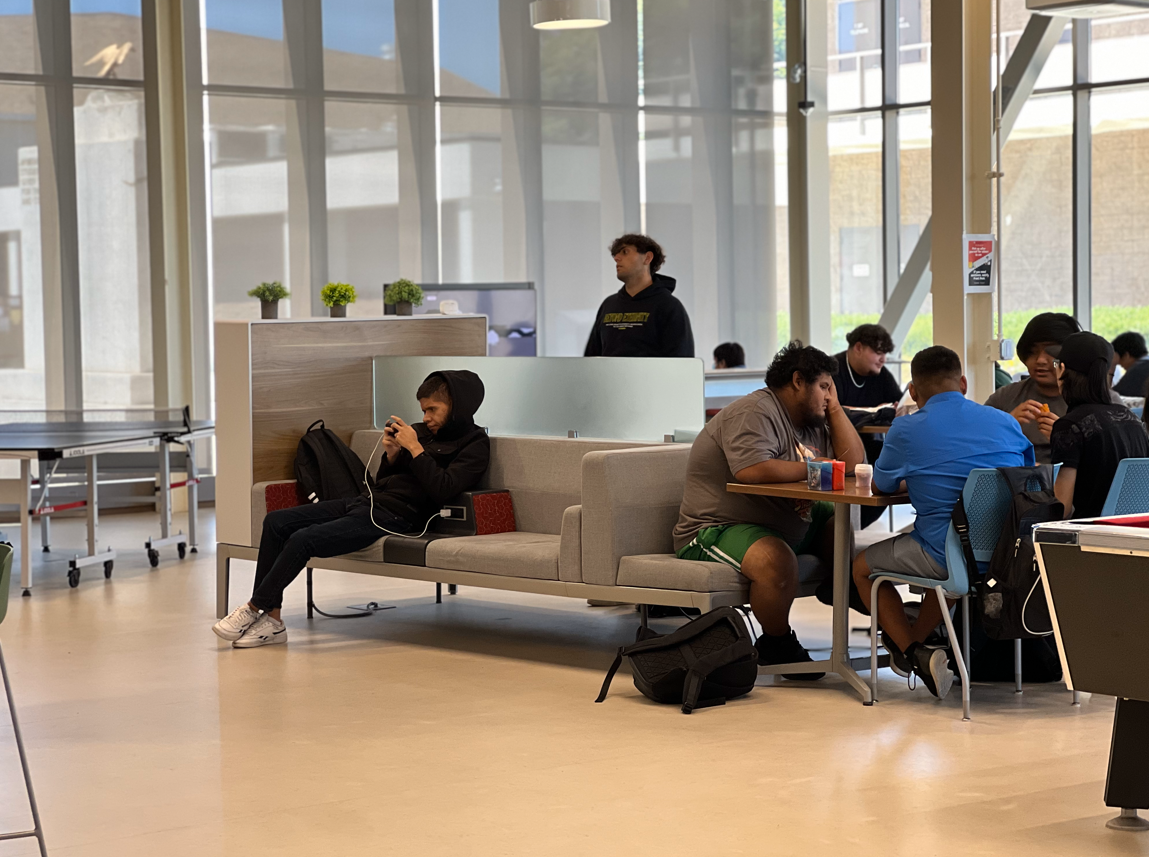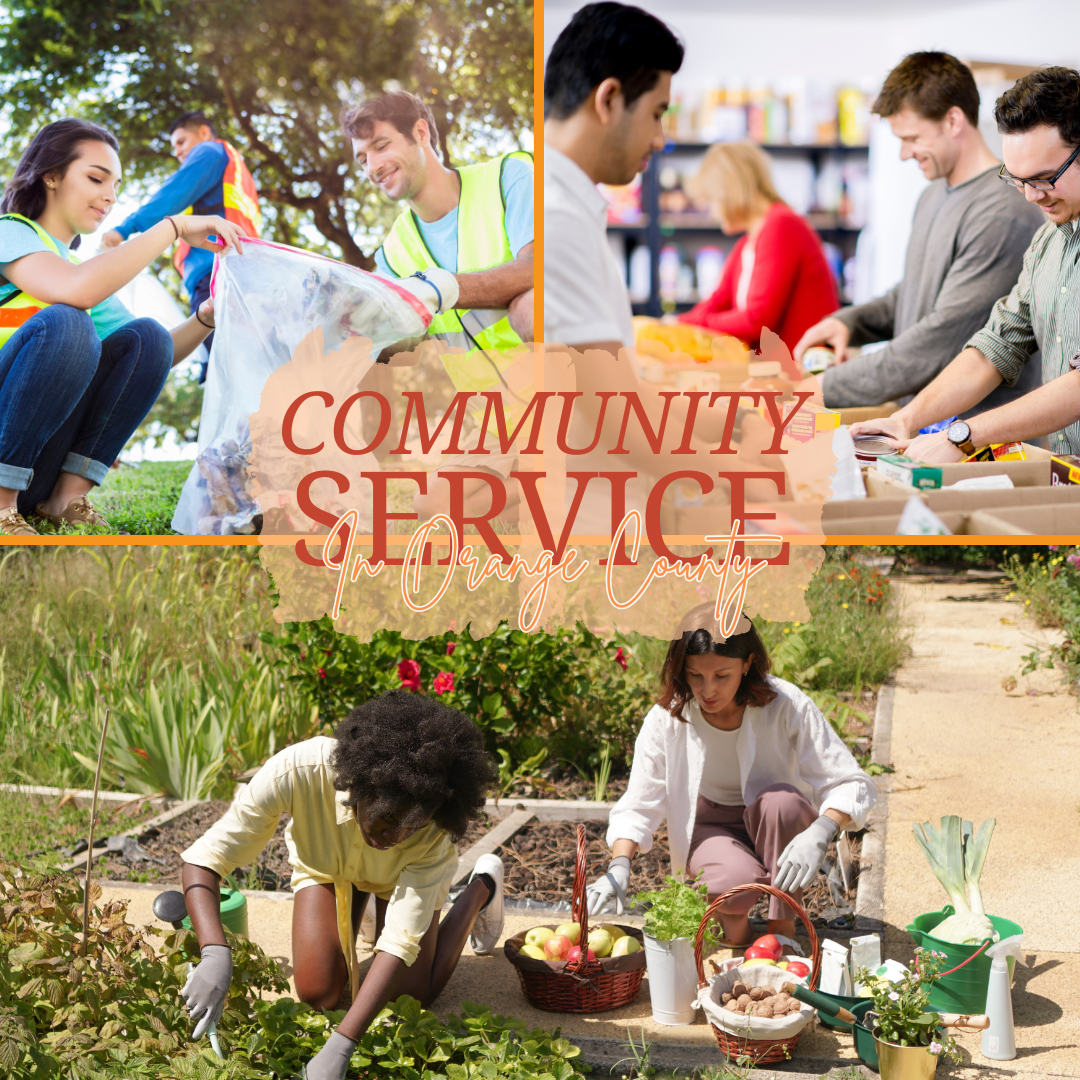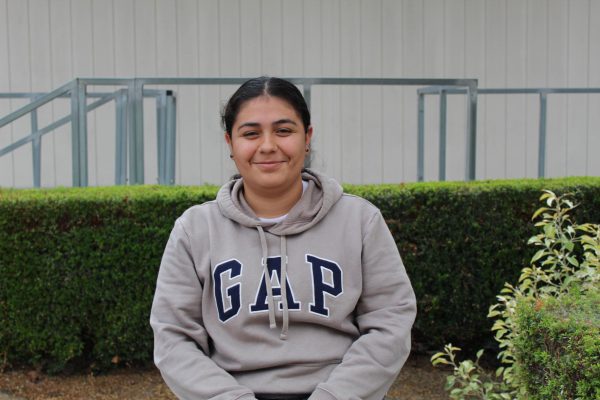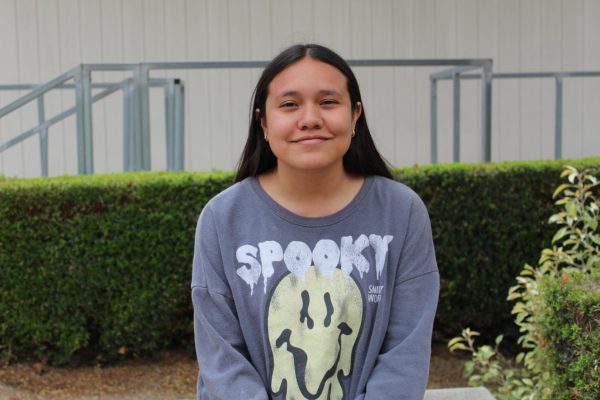Imagine this: A 19-year-old streamer on Twitch has a live stream and abruptly tells their audience, “Chat, this guy has no rizz,” “Chat,”and “rizz” are commonplace slang used by the younger generation, such as younger friends, cousins, or siblings. Meanwhile, old slang from the 1970s, like “brick house” or “geek,” either is not used or does not have the same meaning. New slang always emerges throughout generations, leaving the old slang behind and ushering in the new in accordance to the current generation’s social identity.
Today, words like “beast” are used to communicate that someone is good at something. On the other hand, in the 1970s, “bad” was the go-to slang expression used to convey that someone or something is exceptional. Slang words are expressions used and often made by a generation to reflect their unique societal trends and social identity. They are used to communicate efficiently and form meaningful connections with others.
Jefte Diaz, an AVID teacher at Middle College shares his experience with music and slang.
“You know, back in 2017 when I was a senior in high school, music still kind of sounded like music,” Diaz said.
His reflection highlights how the evolution of slang over the past seven years has influenced even the music industry. Artists ranging from “Ice Spice” and her song “Munch (Feelin’ U)” to “Metro Boomin,” featuring Future and Don Toliver, in “I Can’t Save You,”have been ranked the top artists who use slang in their music. They have been acknowledged as leading figures in embedding modern slang into their music, showing how the trends influence artistic expression.
Kathleen Peterson, an English teacher at Middle College shares her experience with slang.
“From the perspective of an English teacher, it’s hard, because I’m always trying to get my students to not include slang in an essay,” Peterson said.
This reflects a far-reaching educational struggle, as teachers work to stabilize the advancing language with traditional academic standards.
Slang is becoming more popular because of its use in music, social media, and casual conversations. Students might develop difficulty switching between formal and informal. Teachers like Mrs. Peterson are essential in helping students enrich the versatility needed to articulate across various environments.
Edward Valenzuela, a World History teacher elaborates on his knowledge regarding slang.
“Every new teenage group will have slang just to be kind of independent from the other groups. And it just happens almost naturally,” Valenzuela said.
This discloses that slang changes throughout generations, as each wants to form a distinctive social identity.

